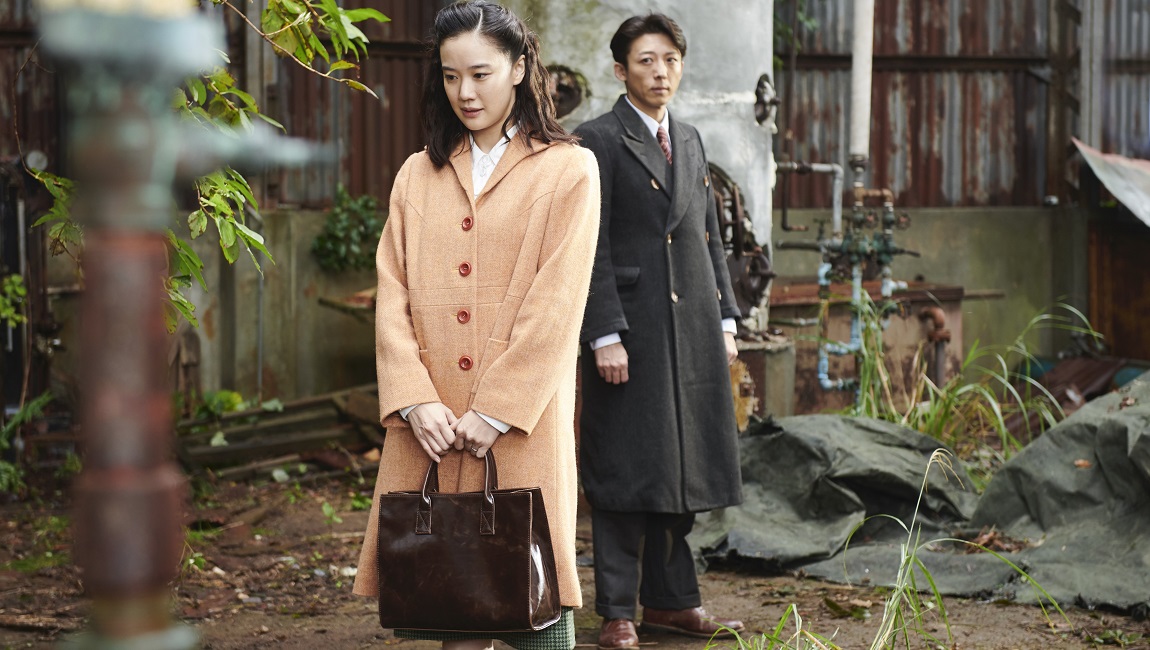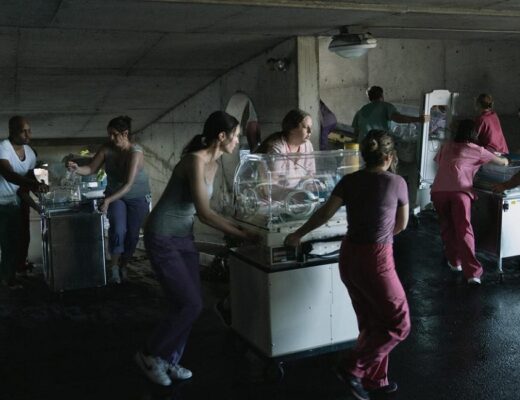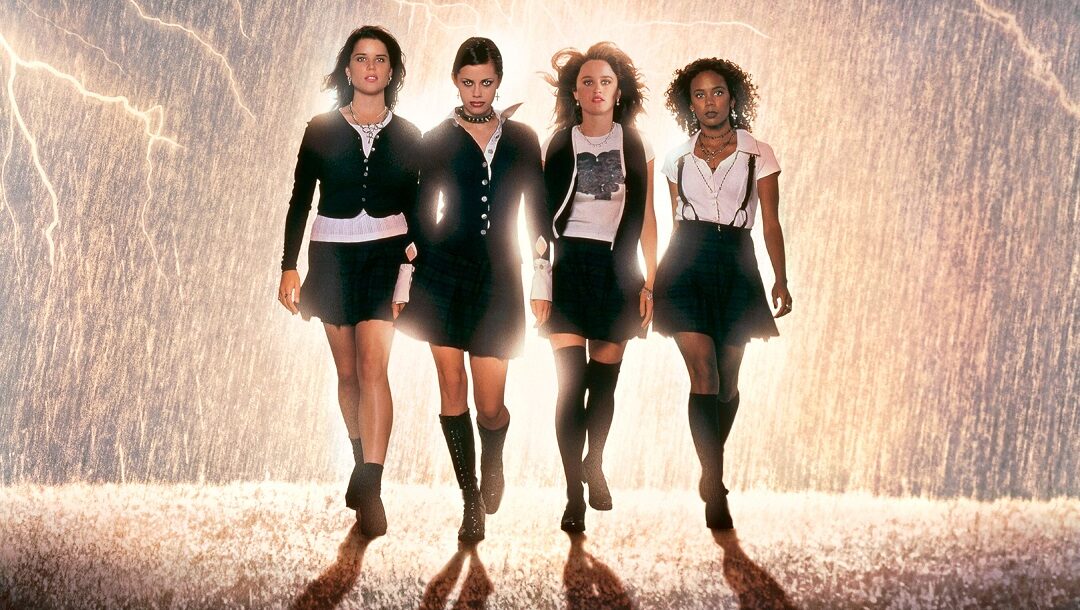Wife of a Spy can be too reserved in stretches, but is ultimately fully invigorated by its monumental conclusion.
Though over three decades into his varied, distinctive career, American critics have only really paid Kiyoshi Kurosawa intermittent attention, almost exclusively recognizing him for his contributions to J-horror, with 1997’s Cure and 2001’s Pulse eating up the majority of their attention. Kurosawa has directed a considerable amount more since, with at least 12 feature length credits in between Pulse and 2019’s comparatively grounded drama To the Ends of the Earth, a departure from his recent streak of genre work that brought him some of the broadest acclaim he’d received stateside in many years. Nevertheless, this newfound momentum is entirely deserved, To The Ends of the Earth representing something of a switch up, but with no real resulting loss in quality (albeit, not superior to 2016 serial killer thriller Creepy or 2017’s dark sci-fi allegory Before We Vanish). This has generally been the case for Kurosawa over the last decade, his output rapid, but without notable misstep even as he moves between the supernatural and the mundane.
Continuing on down To The Ends of the Earth’s path away from the former, Kurosawa’s latest film, 2020 Silver Lion winner Wife of a Spy, brims with more of the sensational excitement of its period espionage territory, though still working through much of the same emotional spectrum and thematic material that characterizes his previous movies. A rare excursion into the past for the fairly modern director (previously attempted with Tony Leung vehicle 1905 in 2013, but that film’s production was shut down early on), Wife of a Spy’s action occurs in 1940 as Japan is ramping up to enter WWII, the fascist government policing and surveilling its citizenry with an increased vigor. Taking place in Kobe, the script (penned by Kurosawa alongside Ryûsuke Hamaguchi and his Happy Hour co-writer Tadashi Nohara) centers on the triangular relationship shared between Satoko Fukuhara (Yū Aoi), her international businessman husband Yūsaku (Takahashi Issey), and her childhood friend Taiji (Masahiro Higashide), who serves as military police in adulthood. From this dynamic and turbulent historical backdrop, Kurosawa sets in motion an uneasy melodrama pitting romantic and political passion against each other, while working off of the tropes of the spy thriller to conjure a sense of destabilizing dread parallel to that which characterizes his horror films (or perhaps another angle to look at his domestic drama Tokyo Sonata from.)
A fictionalized narrative based on historical fact, Wife of a Spy primarily sits with Satoko’s perspective as she comes to realize that Yūsaku has been quietly undertaking righteous, traitorous action against the Japanese government in response to his discovery of brutal war crimes and illegal, torturous experiments being carried out against the Chinese prisoners held captive in Manchuria. In possession of a roll of 16mm film containing definitive evidence of these crimes, Yūsaku aims to escape to America intent on exposing the Japanese government. An obviously noble motive, the screenplay insists on rendering it fraught, keeping the audience at Satoko’s side, slowly losing sight of the distinction between truth and deception, her agency always in a state of flux. While convincingly dwelling in the past thanks to attentive costume design and well-chosen locations (plus crisp, stately 8K cinematography made possible by Japan’s NHK broadcasting conglomerate), Wife of a Spy is, of course, a film conceived with present dilemmas in mind: both the general sense of uncertainty and insecurity that comes with living in a fascist state, and then the challenging question of how to upend it and at what cost. Kurosawa and Hamaguchi’s screenplay takes its time getting to its monumental conclusion (staggered across a couple time jumps acting as epilogues; a familiar structural choice for the director), but once it lands, the film’s more reserved stretches are reinvigorated in hindsight, with the narrative revealing itself to be practically cyclical — history repeating itself, etc. In this way, Wife of a Spy achieves a tone uniquely Kurosawa’s, something in between despair for our current moment and cautious optimism for where we might be able to go next.
Originally published as part of Japan Cuts 2021 — Dispatch 1.







